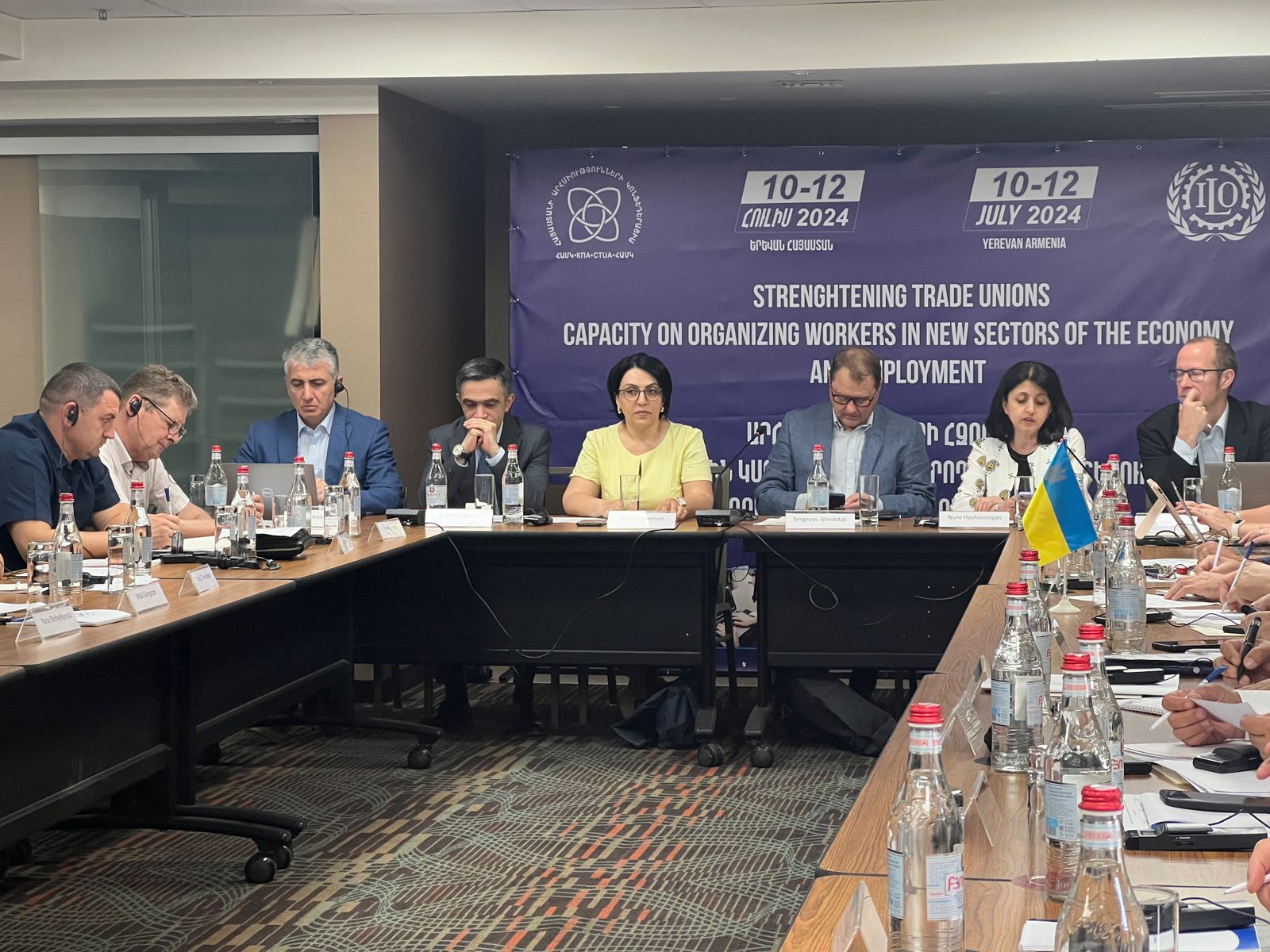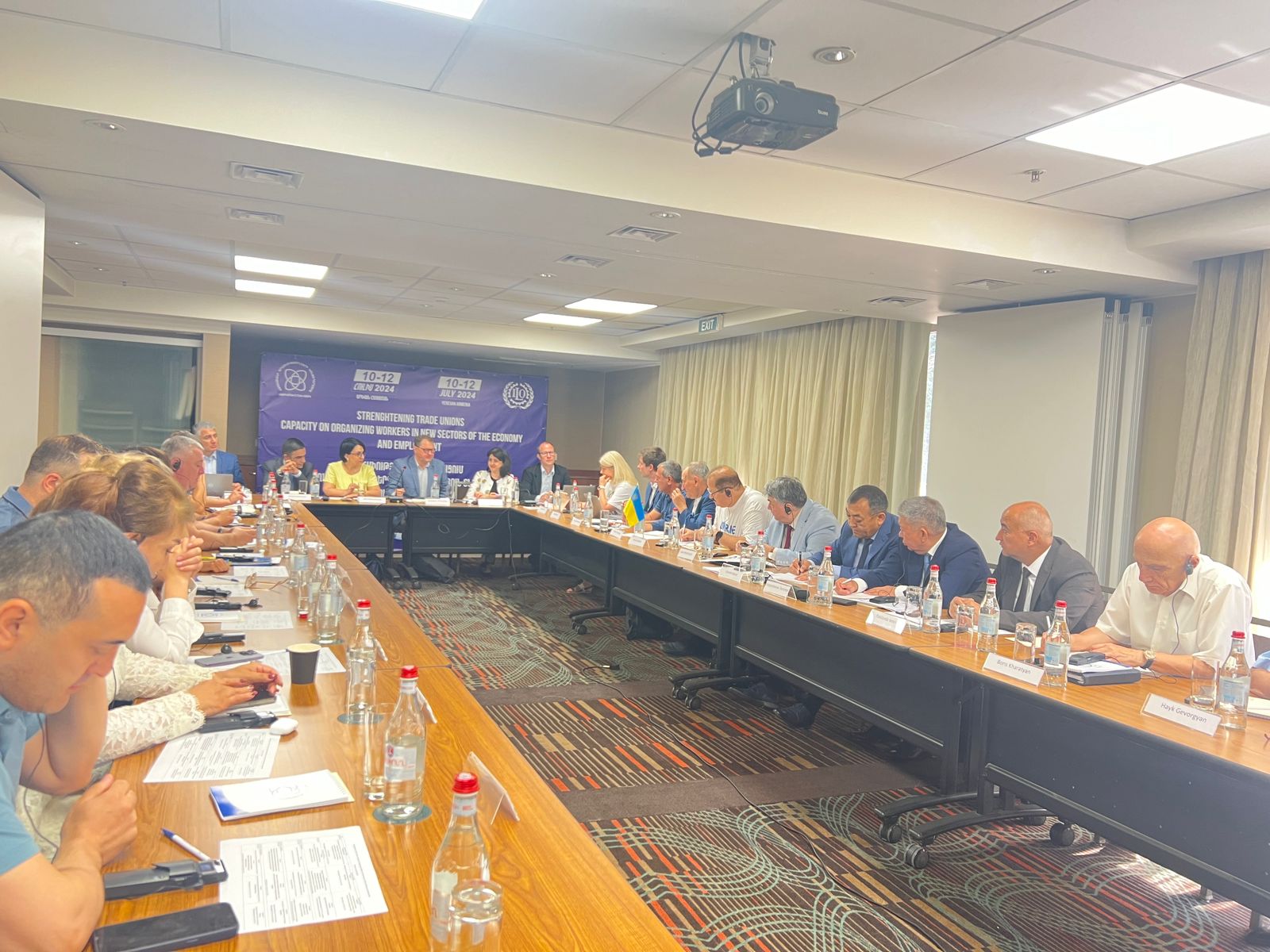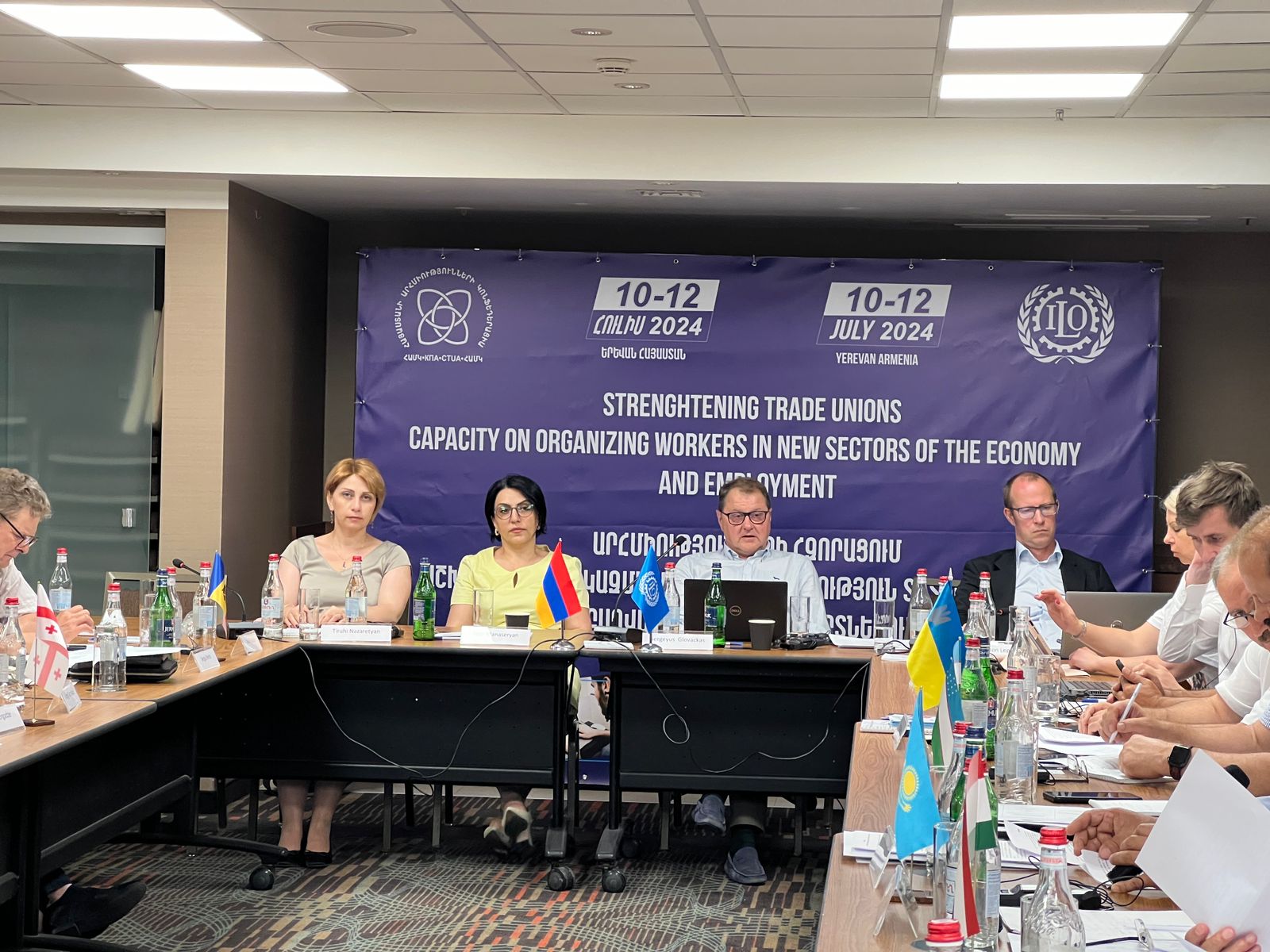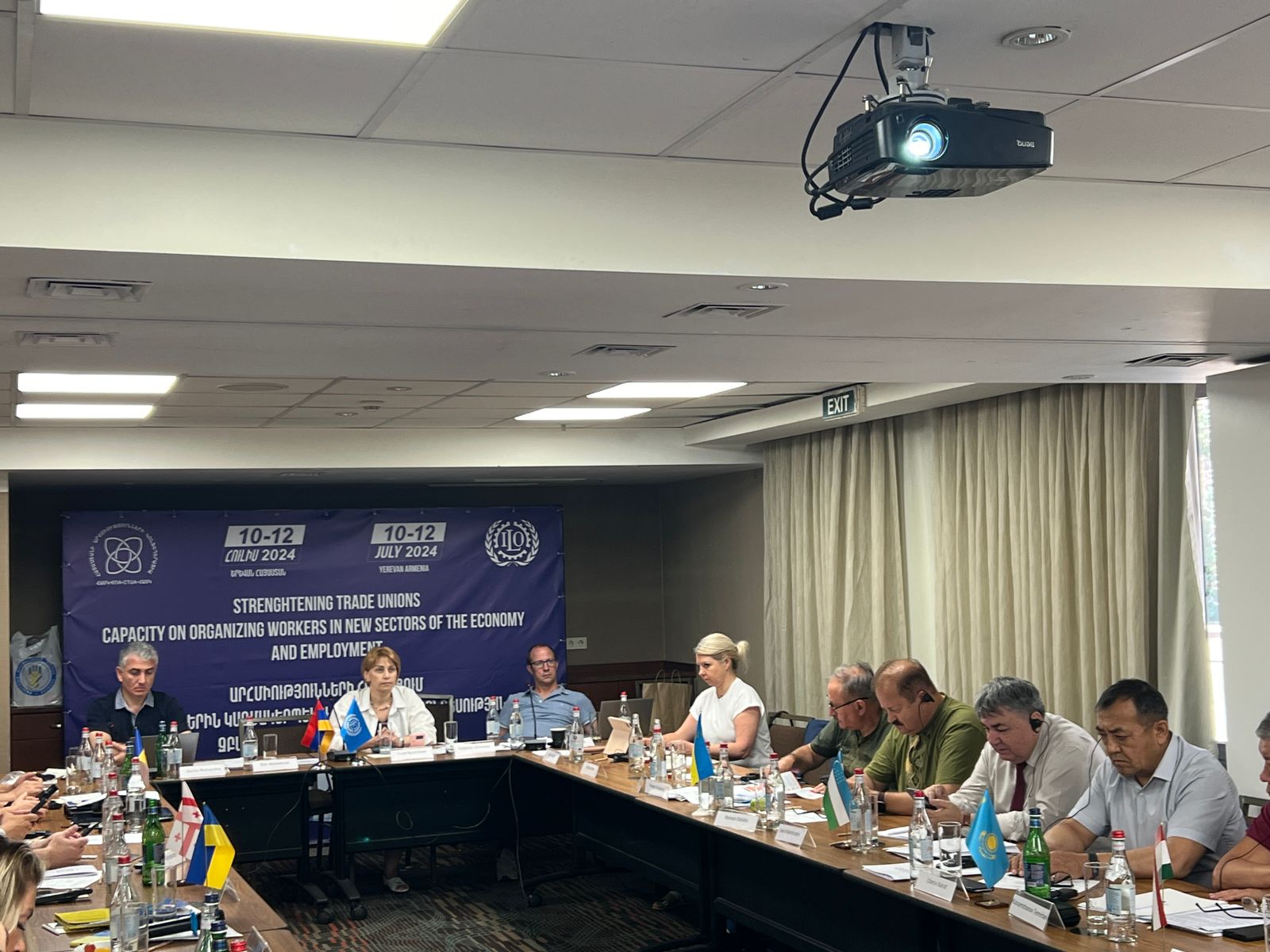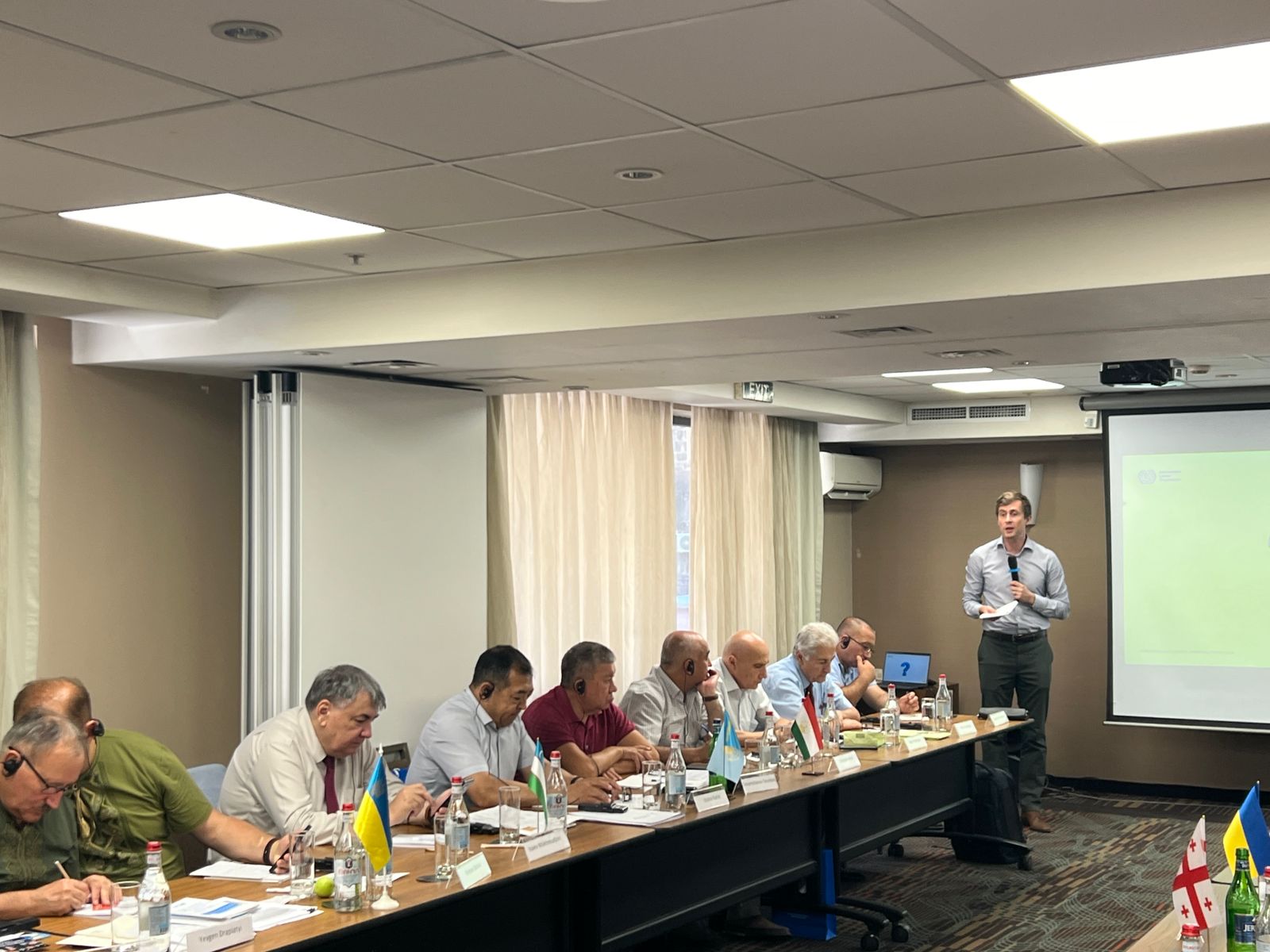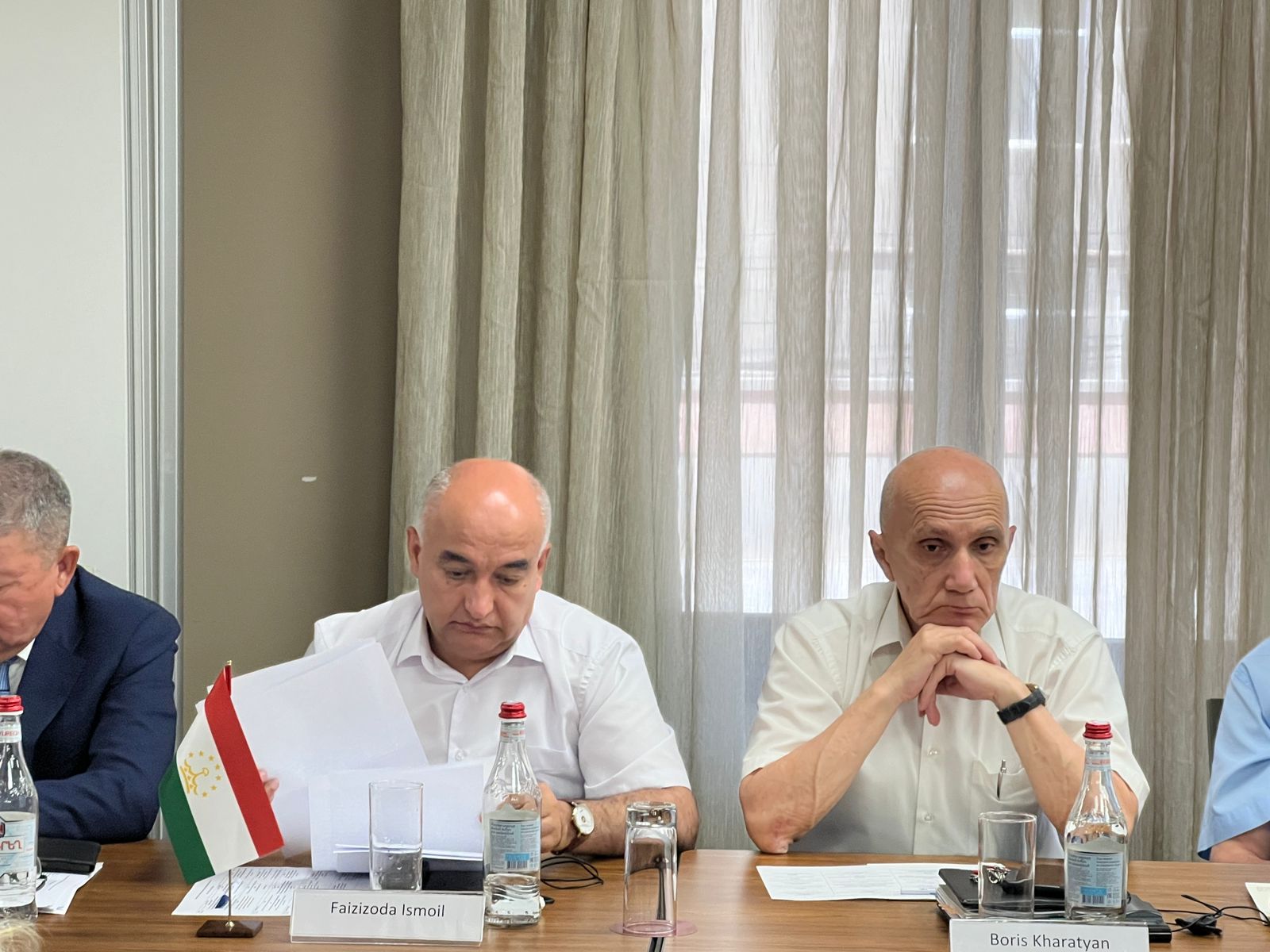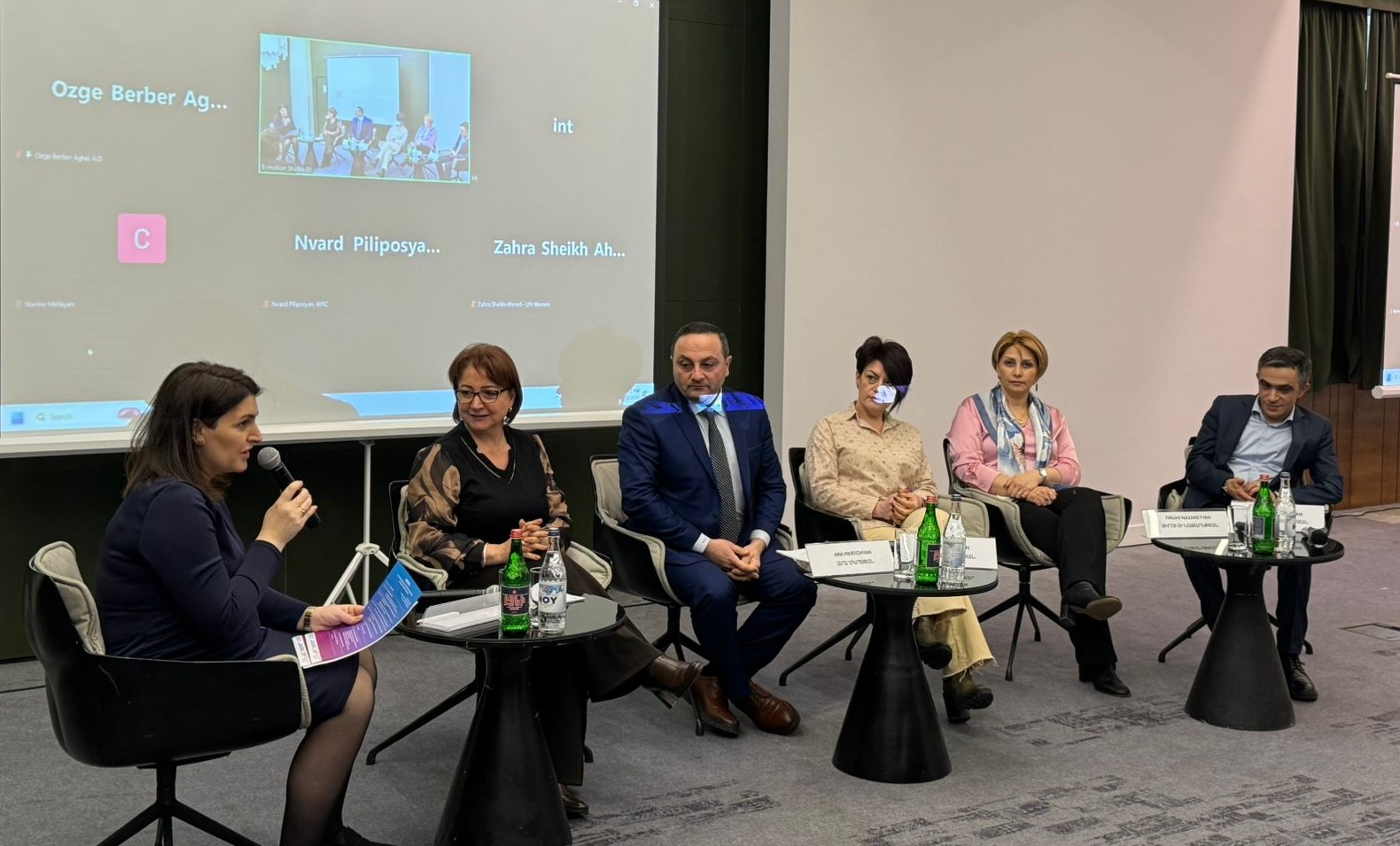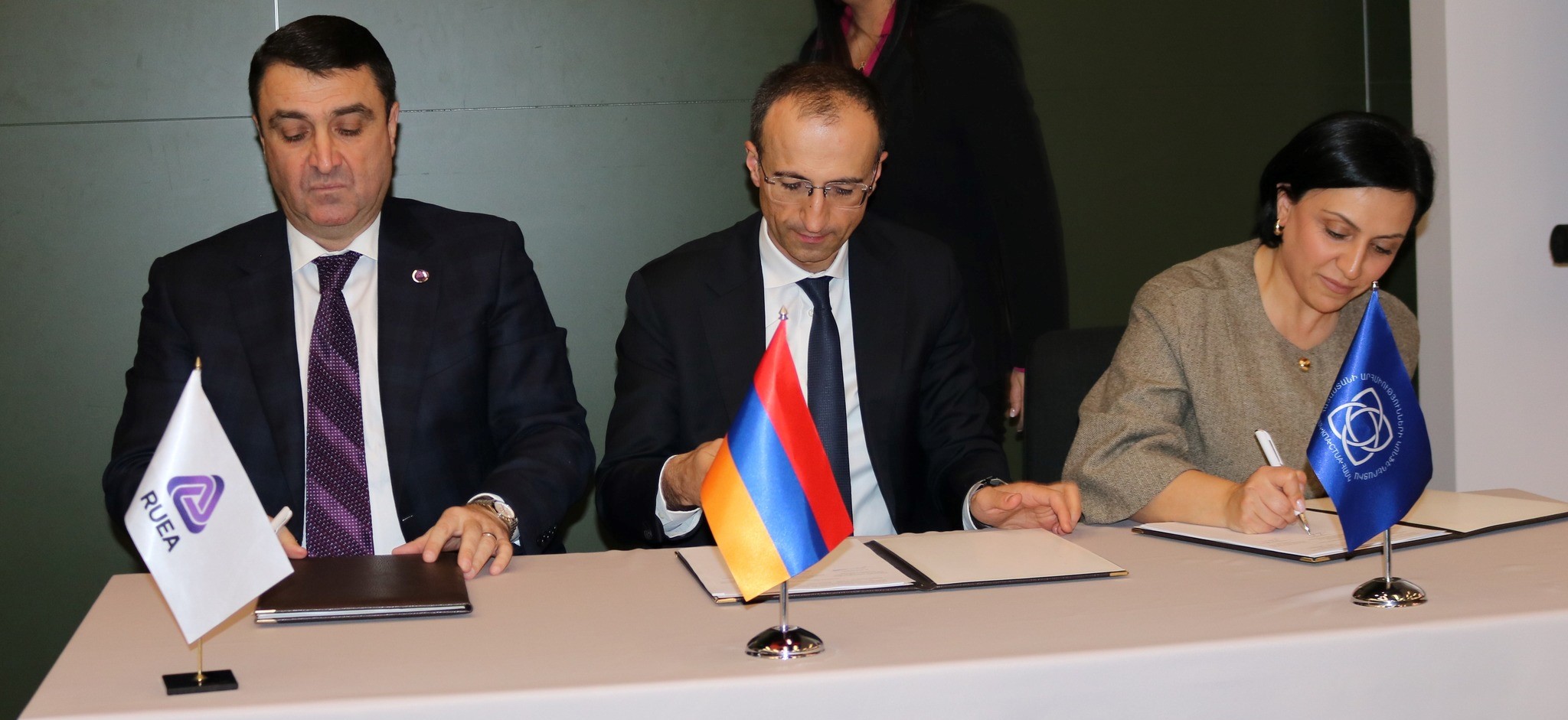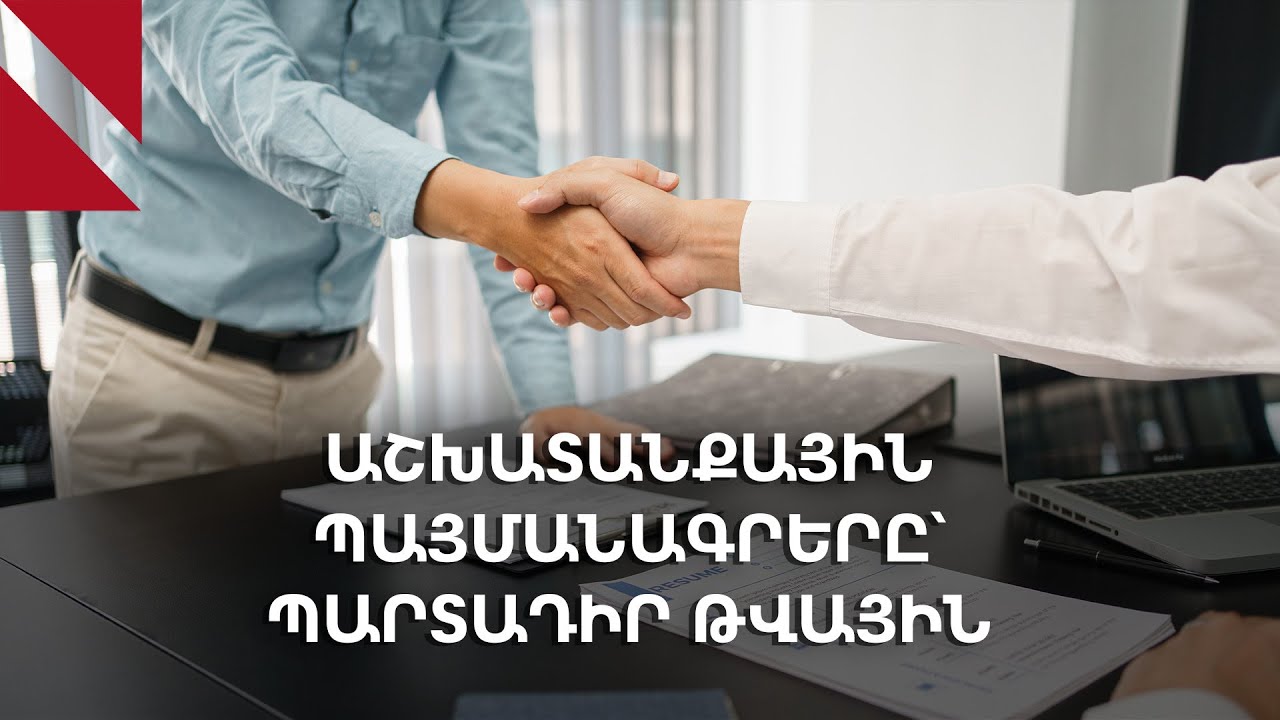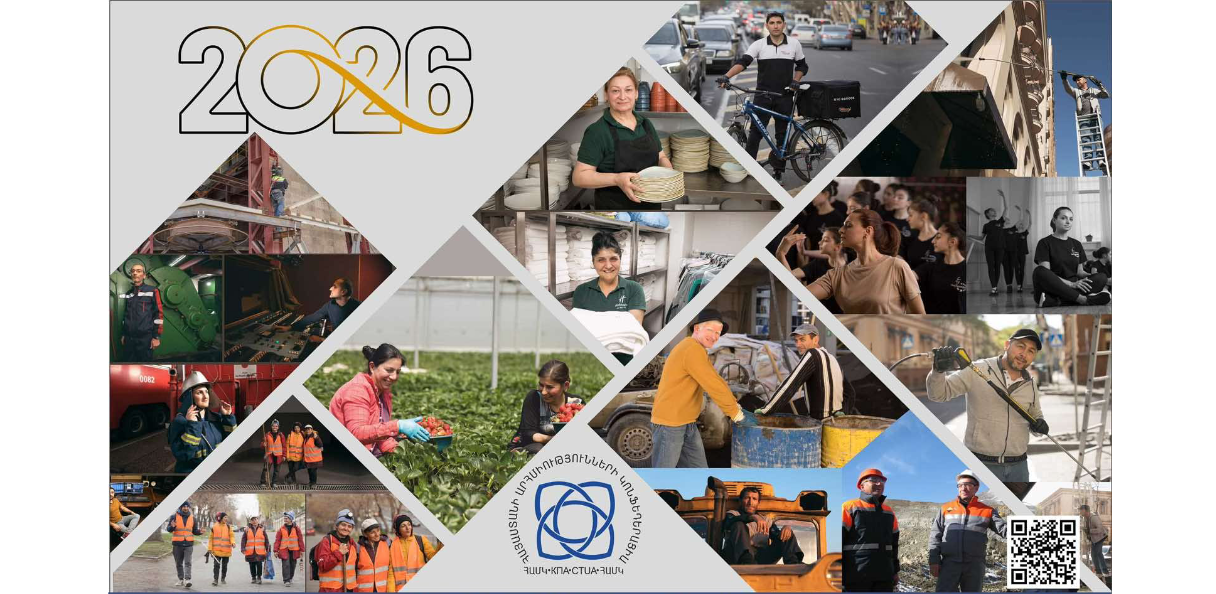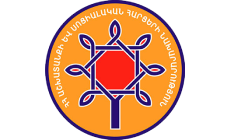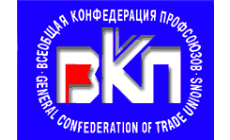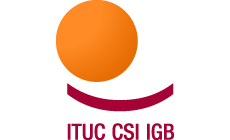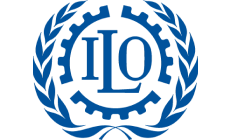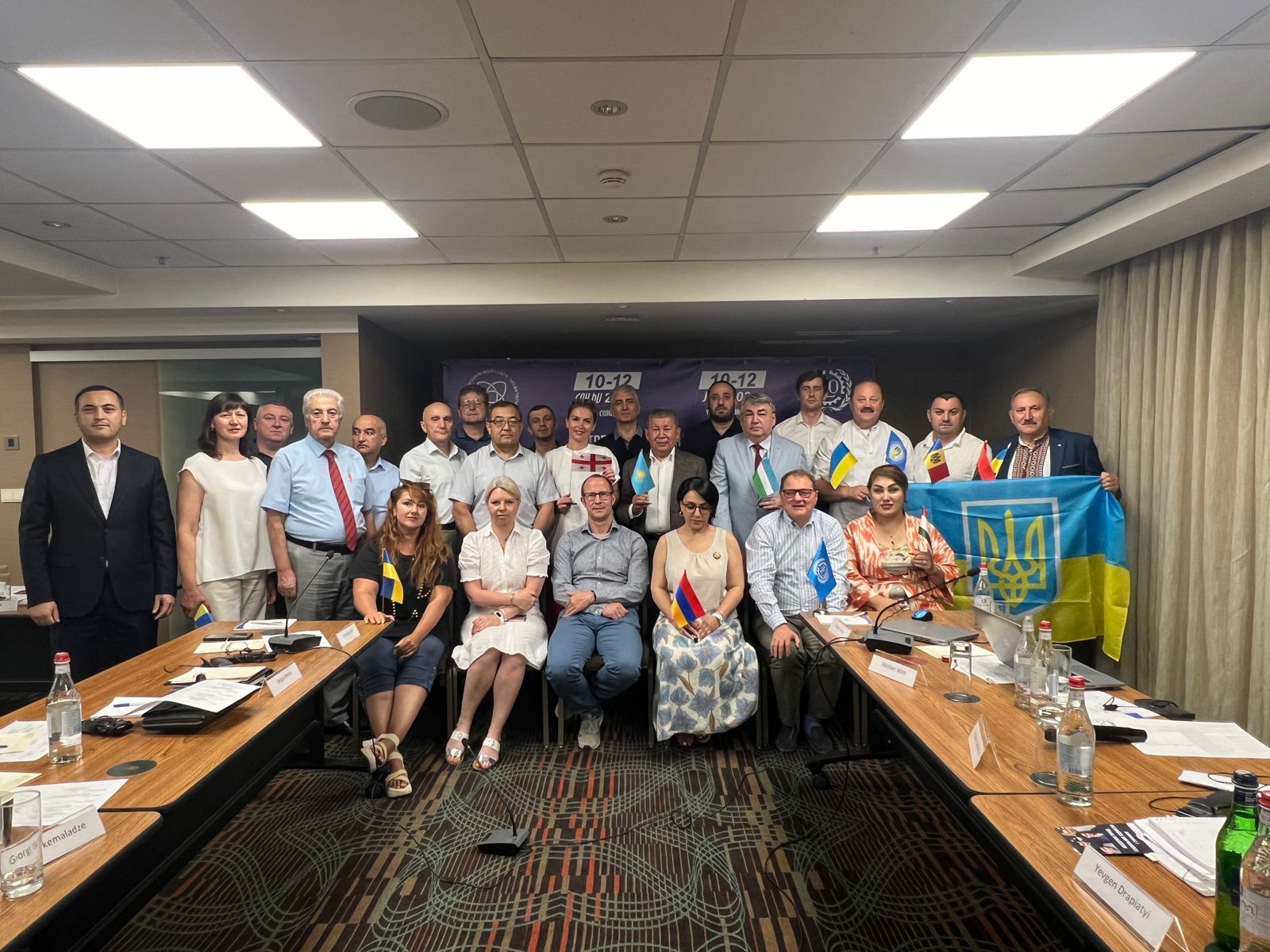
On July 10-12, 2024, a regional three-day workshop of the International Labor Organization on the theme “Strengthening the ability of trade unions to organize workers in new sectors of the economy and employment” was held in Yerevan, at which representatives of trade unions from the republics of Armenia, Georgia, Moldova, Ukraine, Kazakhstan, Uzbekistan and Tajikistan took part.
Opening speeches were made by CTUA President Elen Manaseryan, Deputy Minister of Labor and Social Affairs of the Republic of Armenia Ruben Sargsyan, Head of the Department of Workers' Activities of Eastern Europe and Central Asia of the ILO Sergius Glovackas, Executive Secretary of the Pan-European Trade Union Confederation Anton Leppik, Senior Specialist of the Department of Workers' Activities in Eastern Europe and Central Asia Gocha Alexandria, ILO national coordinator in Armenia Nune Hovhannisyan.
During the workshop, the problems of the gig economy, the development of digitalization, as well as the informal economy, the reaction of trade unions and prospects for future activities were discussed.
Seminar participants spoke about the problems faced by trade unions and workers in their countries.
ILO experts presented successful European experience and information on ILO conventions, taking into account branch specifics.
Sergius Glovackas spoke about the future of the labor movement and its problems.
Representatives of Armenia, Ukraine and Moldova shared their experiences of involving forcibly displaced persons in trade unions.
Elen Manaseryan presented the problems, challenges and statistics of the informal economy in the Republic of Armenia.
A study of the working conditions of couriers in Armenia, conducted by the NGO “APR Group” at the initiative of trade unions, was also presented.
ILO Technical Director for Eastern Europe and Central Asia, Michael Watt, gave a presentation on “Organizing young workers and promoting their participation in decision-making processes: challenges and innovative strategies.”
ILO Team Coordinator on Formalization of the Informal Economy, Mamadou Kaba Souare, also participated in the remote workshop, talking about creating effective communication networks and attracting workers into the formal sector.
The workshop was full of interesting and diverse discussions. According to its participants, the seminar was effective and educational. It has become a necessary platform for sharing experiences and improving knowledge.
As a result of the seminar, a roadmap for the activities of trade unions was developed.

